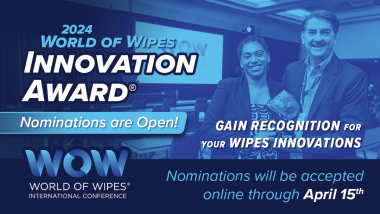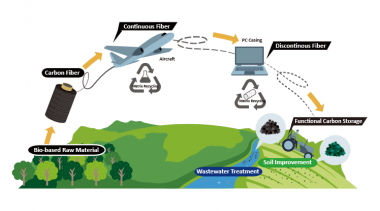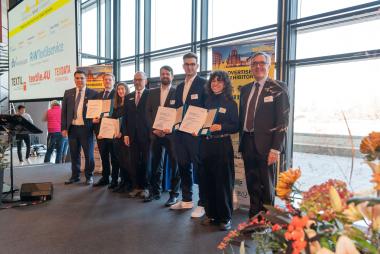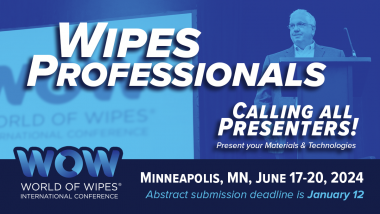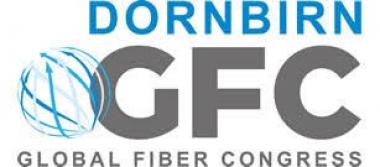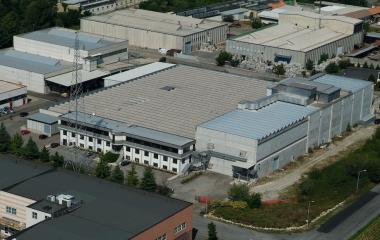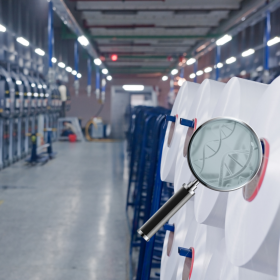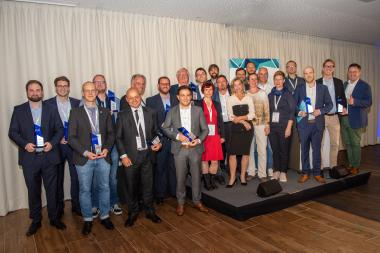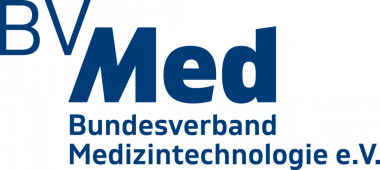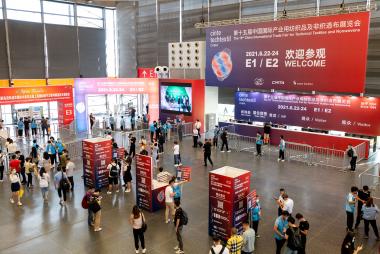World of Wipes Innovation Award®: Nominations Are Open
INDA, the Association of the Nonwoven Fabrics Industry, announced that nominations are open for the 2024 World of Wipes Innovation Award®. This Award recognizes a product or technology in the wipes sector that creatively uses nonwovens. The Award will be presented at the World of Wipes® (WOW) International Conference, June 17-20 at the Hyatt Regency Minneapolis, Minneapolis, MN.
Nominations will be accepted online through Monday, April 15th via www.inda.org/awards/wow-innovation-award.html. Nominees will be selected from a range of products and technologies that have been commercially available two years prior to WOW 2024. Products and technologies may include end product components, fabrication techniques, or end-products that use a nonwoven technology. Award categories include dry or wet wipes, institutional or industrial wipes, raw materials, and equipment. Three finalists will present their innovations to industry leaders attending WOW on Tuesday, June 18th. The winner will be announced Thursday, June 20th.
World of Wipes Innovation Award® World of Wipes INDA World of Wipes® International Conference
INDA


